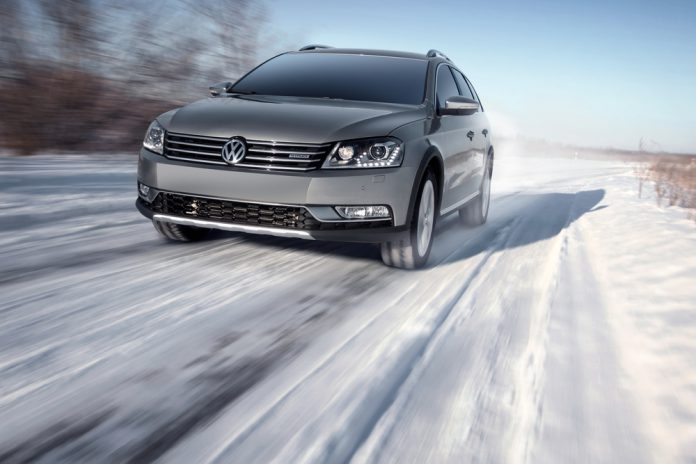Car makers Volkswagen (VW) (OTCMKTS:VLKAY) and Ford (NYSE:F) are considering collaborating on a new range of commercial vans.
Both VW and Ford confirmed they were in talks to explore a “strategic alliance’ with the view of strengthening their competitiveness in the automotive industry.
The alliance would be limited to research and development, with no “shared equity” or “cross ownership stakes”.
“Ford is committed to improving our fitness as a business and leveraging adaptive business models – which include working with partners to improve our effectiveness and efficiency,” said Jim Farley, Ford’s president of global markets.
“This potential alliance with the Volkswagen Group is another example of how we can become more fit as a business, while creating a winning global product portfolio and extending our capabilities.”
Thomas Sedran, the VW Group’s strategy boss, added: “Markets and customer demand are changing at an incredible speed. To adapt to the challenging environment, it is of utmost importance to gain flexibility through alliances. This is a core element of our Volkswagen Group Strategy 2025.”
Various car giants are increasingly joining forces to co-develop technology amid an increasingly challenging trading climate.
Renault, Nissan and Mitsubishi have been part of a Franco-Japanese strategic partnership since 1999.
However, the alliance recently adopted the formal name Renault–Nissan–Mitsubishi Alliance in 2017.
VW and Audi are the latest in the automotive industry to team up to counter the challenges faced by lower car registrations and the pressure of electric cars and greater government emissions regulations.
Earlier this week Volkswagen hit the headlines after it was confirmed that Audi’s chief executive Rupert Sandler was in police custody in connection with the diesels emissions scandal.
The scandal came to light three years ago, when it was revealed that cars had been fitted with devices to cheat US emissions tests.
Whilst the devices had initially been exposed in VW cars, Audi, which is also owned by VW, were later implicated.

